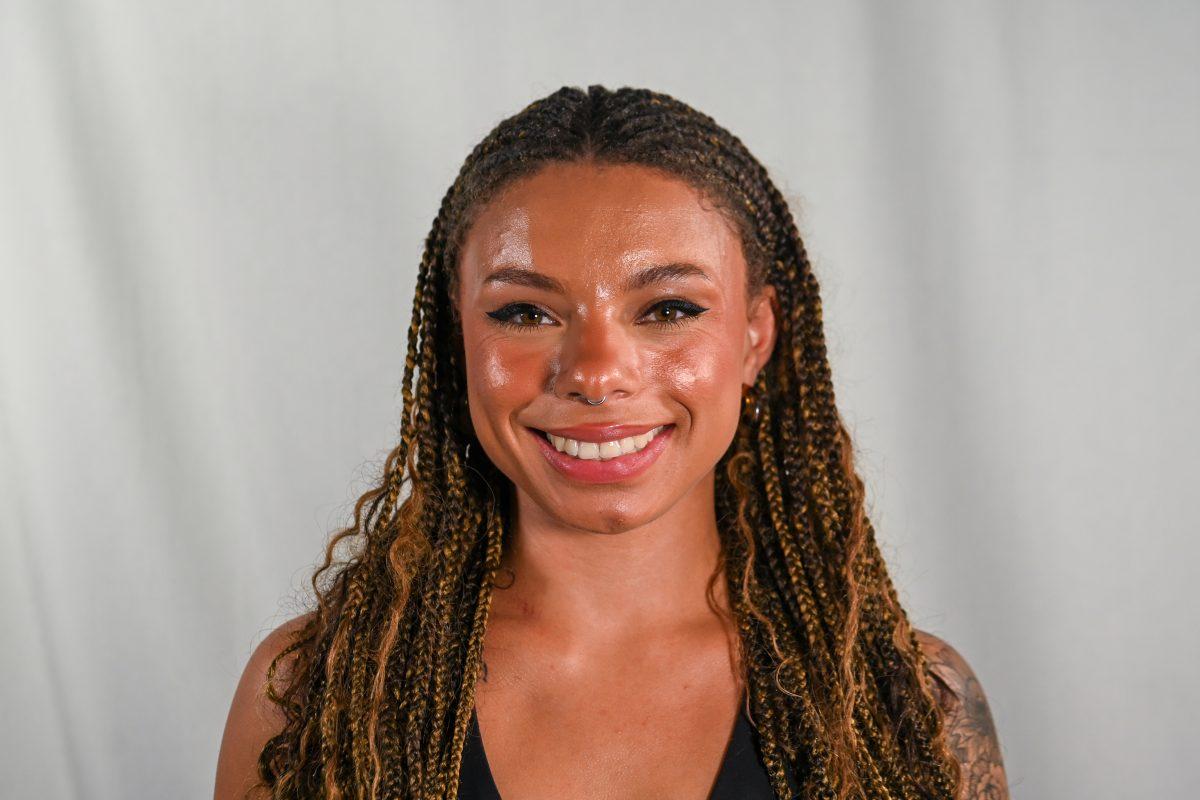Editor’s Note: This article contains reference to sexual and physical violence.
The fact that society weaponizes images to police the representation of Black women in our nation is not one that has recently come to light. Take the jezebel and mammy figures, for example — two stereotypes that have pigeonholed Black women’s identities, especially through cinema, for centuries. The sapphire, the Black woman characterized by her sassy and angry demeanor, is perhaps the most recognizable stereotype today, yet no one interrogates her existence or asks her why, exactly, she’s so angry.
I could sit here and tell you why Black women are more than the stereotypes that have come to define us. I could tell you all the reasons such stereotypes are inaccurate and harmful. Instead, I want to play into it.
For as long as I can remember, particularly since the 2024 Election, I’ve been angry. I wake up angry, and I go to sleep angry. I eat every meal angry. I take a shower angry. I go to class angry. I write angry. And, what makes people the most uncomfortable, I speak angry.
And I mean angry, not angrily. I am angry when I speak because speaking is a form of expression, and I have little to express other than anger.
I’ve said it once and I’ll say it again: Malcom X was right when he said the Black woman is the most disrespected, unprotected and neglected woman in America. This is true socially and systemically.
For example, the Institute for Women’s Policy Research reports that more than 20% of Black women are raped during their lifetime, which is a higher percentage than women overall, and experience “significantly higher rates of psychological abuse — including humiliation, insults, name-calling and coercive control.”
This statistic is directly tied to the historical sexual exploitation and abuse of Black women in our country. During and after slavery, Black women were subject to lynchings and violence just like Black men, but those dangers were compounded by threats of rape and coercion.
This is not even a snippet of the reality Black women in America face, but it does start to explain how our history and the experiences of our ancestors are enough to upset us.
However, it is the current state of our sociopolitical institutions that makes our rage runneth over.
Contrary to what the willful ignorance of many conservatives might suggest, racism did not phase out with the Civil Rights Act of 1965. Instead, it hid itself beneath our institutions — like the healthcare system — and wore the disguise of Americana, telling us we can become anything and do anything if we work hard enough.
Its updated mask is even more impressive and effective: an orange man with the hair of a canary. The wave of conservatism and cult of personality that President Donald Trump has fostered has done nothing if not make racism increasingly acceptable in our country.
Trump has concocted a narrative that white people are the real individuals being discriminated against in our country, particularly through attacks on diversity, equity and inclusion efforts. His attempts to give white America the upper hand — that it has always had, for the record — cannot be accomplished without simultaneously disenfranchising people of color, dismissing the discriminatory experiences my people have fought for centuries to overcome.
Quite frankly, it’s beginning to feel like my ancestors’ work was all for naught in the face of these attacks on civil and human rights, and this is why we’re mad.
Fortunately, there are spaces for angry Black women, and angry people of color in general, to express their discontent and find community with one another. I think of the African American Cultural Center, for example. I think of The Nubian Message as a site of minority expression. I think of the recent women of color retreat hosted by the Women’s Center.
Still, outside of contained spaces, society makes no room for women like me to get mad. I’ve always bitten my tongue and smothered my rage, suffocating it inside of me because I’ve never wanted to embody the sapphire stereotype. I’ve been so afraid of being the kind of Black woman white America thinks I am.
But the stereotype you push on me is more your problem than mine.
For the foreseeable future, I will be mad, and you will hear it. You will feel it. Because as a Black woman, what’s there not to be mad about?














